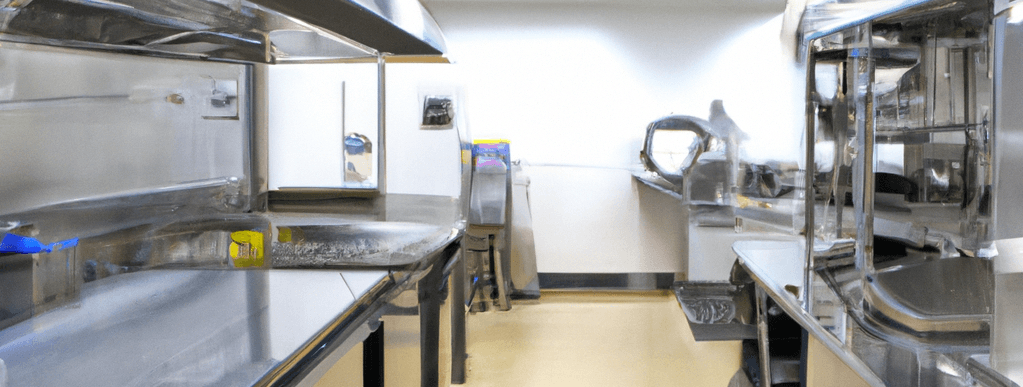
Health and Hygiene Regulations in Delhi, India
Health and hygiene regulations play a critical role in maintaining public health and preventing the spread of diseases in Delhi, India. The hospitality industry, in particular, must take these regulations seriously, as they are often at the forefront of contact with customers and clients.
In this blog post, we will discuss the health and hygiene regulations in Delhi and how they are enforced, as well as the types of penalties hospitality businesses face if they fail to meet requirements. We will also touch on the role of high-quality cleaning products as those offered by Unilever Professional, in helping hospitality businesses achieve good standards of hygiene.
Health and hygiene regulations in Delhi are governed by the Food Safety and Standards Authority of India (FSSAI), which is a government agency responsible for regulating and supervising food safety in the country. The FSSAI sets standards for food products, food packaging, food labeling, and the operation of food businesses, including hotels, restaurants, and cafes.
To ensure compliance with these standards, the FSSAI has implemented a Food Safety Management System (FSMS), which is based on the Hazard Analysis and Critical Control Points (HACCP) principle. This system requires food businesses to identify and assess food safety hazards, implement measures to control these hazards, and regularly monitor their performance to ensure that they are meeting the standards set by the FSSAI.
To enforce these regulations, the FSSAI employs food safety officers who conduct regular inspections of food businesses in Delhi. During these inspections, the officers assess the food preparation and handling processes, the storage and labeling of food products, and the overall cleanliness of the facilities. If a food business is found to be non-compliant with the regulations, the food safety officer can issue a warning or fine, or in severe cases, close down the business.
Penalties for non-compliance with health and hygiene regulations in Delhi can be significant. For example, a food business may be fined up to Rs. 5 lakhs for not adhering to food safety standards, and the license of the business may also be suspended or revoked. In addition, non-compliance with regulations can lead to negative publicity, which can have a significant impact on the reputation of the business and its bottom line.
To help hospitality businesses in Delhi achieve good standards of hygiene, it is important for them to use high-quality cleaning products, such as those offered by Unilever Professional. These products are specifically designed to meet the demands of the hospitality industry, and they provide effective cleaning, sanitizing, and disinfecting capabilities.
For example, Unilever Professional offers a range of cleaning and sanitizing products that are ideal for use in hotels, restaurants, and cafes. These products include disinfectant sprays, sanitizing wipes, and sanitizing solutions, which can be used to clean and sanitize surfaces, equipment, and food preparation areas. These products are effective in killing germs, bacteria, and viruses, and they are safe to use in food handling areas.
It is also important to adopt good standard operating procedures to ensure that staff members are following good processes when conducting regular cleaning.
In conclusion, health and hygiene regulations play a critical role in maintaining public health and preventing the spread of diseases in Delhi. Hospitality businesses must take these regulations seriously, as they are at the forefront of contact with customers and clients. Using high-quality cleaning products, such as those offered by Unilever Professional, can help hospitality businesses in Delhi achieve good standards of hygiene and avoid penalties for non-compliance with regulations.

